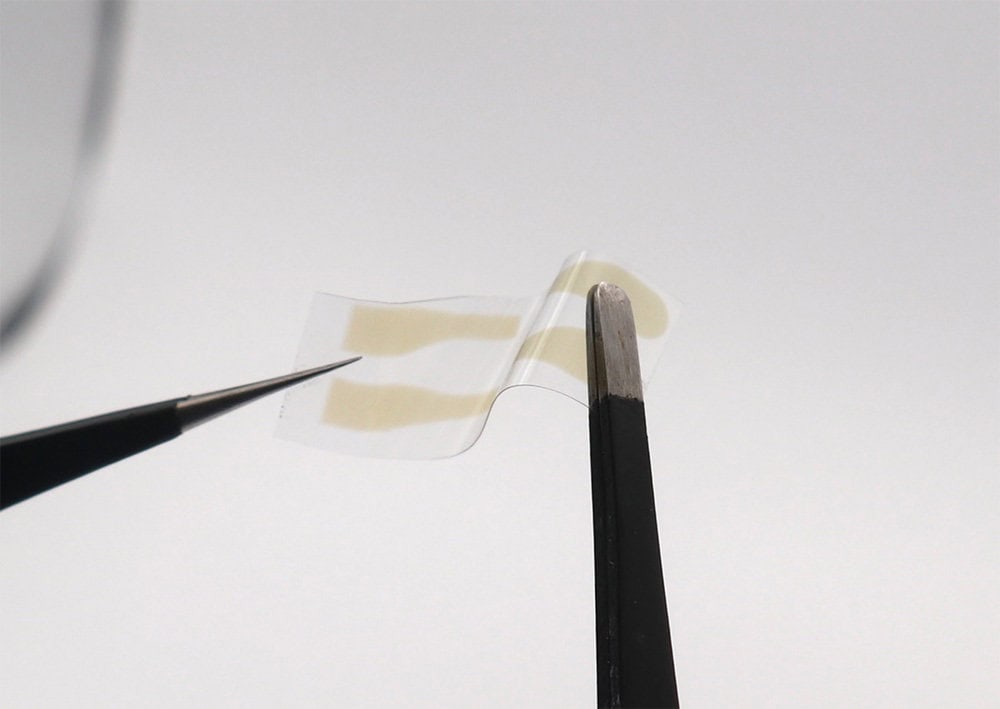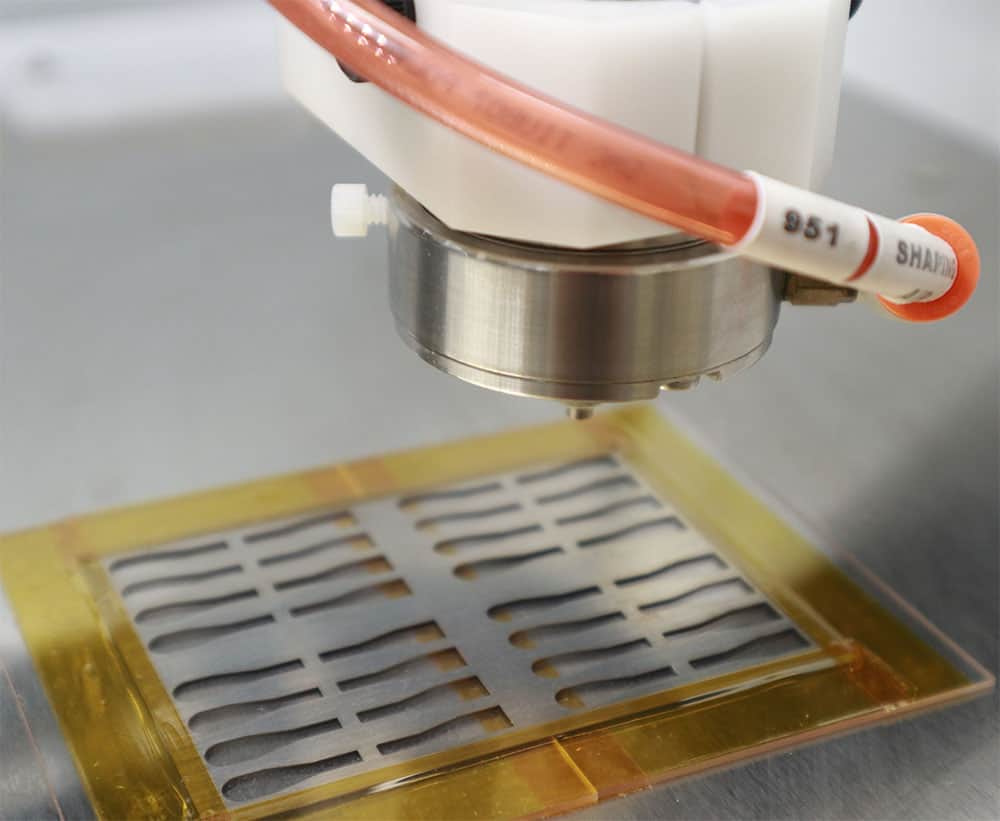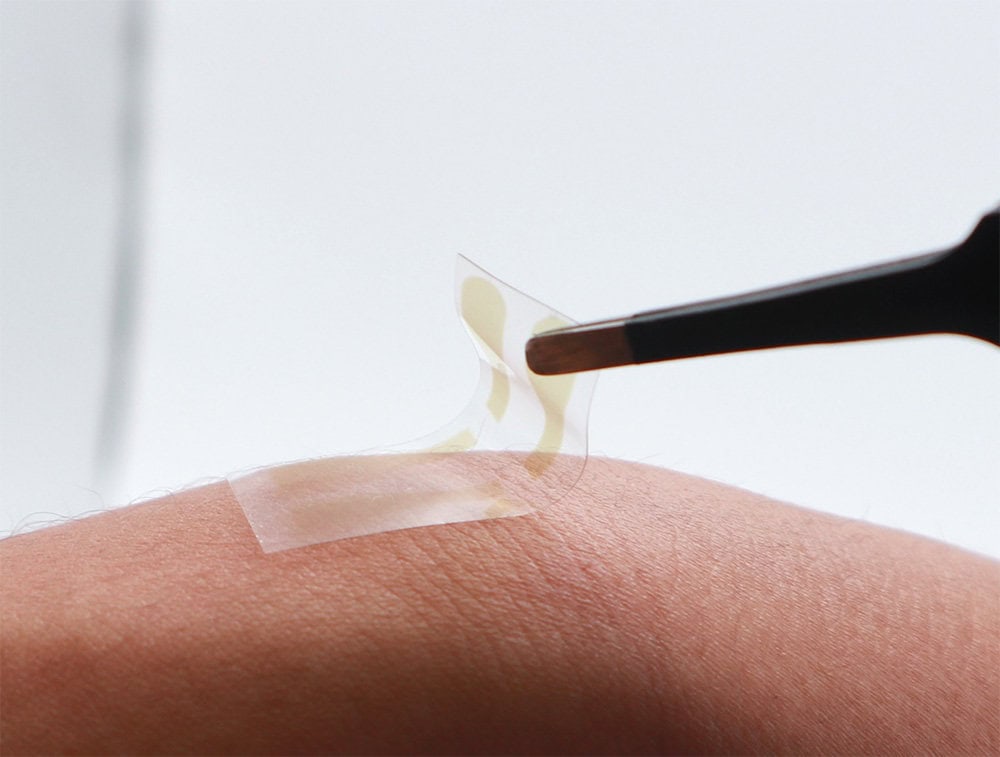
ACS funding supports research for recyclable, durable electrodes
The research led by Xiwen Gong aims to develop more stable, recyclable plastic electrodes for flexible and wearable electronics.

The research led by Xiwen Gong aims to develop more stable, recyclable plastic electrodes for flexible and wearable electronics.
New funding from the American Chemical Society (ACS) has been awarded to Assistant Professor Xiwen Gong. The grant from the ACS Petroleum Research Fund will support her work to create better, more recyclable plastic electrodes that can withstand high temperatures.
Innovating composite plastic electrodes
Gong’s project focuses on advancing the design and functionality of polymer-silver nanowire (AgNW) composite electrodes. These electrodes are important for flexible and wearable electronics, where they need to bend and stretch without losing their effectiveness.
“With the support from the ACS Petroleum Research Fund, we will investigate the impact of the molecular interactions on the thermal stability and stretchability of recyclable polymer-silver nanowire composite electrodes,” said Gong. “This investigation will guide us in establishing a general molecule design rationale to develop high-performance composite plastic electrodes that are environmentally friendly.”

Addressing key challenges
The project addresses two major challenges in the current landscape of plastic electrodes: thermal stability and recyclability, representing a substantial step toward the practical application of flexible and wearable electronics that rely on plastic electrodes.

“The electrodes in our work will benefit a variety of modern electronics, including recyclable solar cells, bio-integrable light-emitting diodes, and beyond,” Gong said. “The molecule-design strategy proposed in our project would enhance the electrode performance, thereby facilitating the operational stability of the electronic device where the plastic electrode plays an essential role.”
By improving these electrodes, electronic devices could become more durable, environmentally friendly and efficient, benefiting products like recyclable solar cells and wearable health monitors.

“It is a great honor for our team to receive this Doctoral New Investigator award from the ACS PRF program,” Gong said. “This grant will enable our team to explore the structural-property relationships within plastic electrodes and develop high-performance electrodes via interfacial engineering strategies for diverse wearable electronics.”